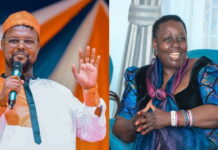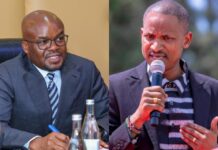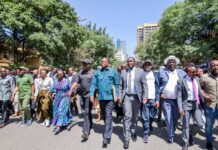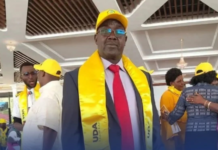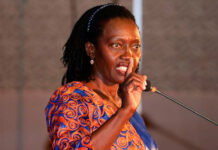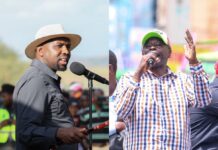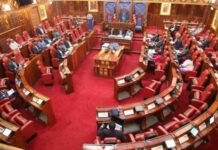Sometimes anger strips away the political masks that our leaders so carefully wear. In Parliament this week, Ugenya MP David Ochieng let slip a confession that may haunt Kenya’s lawmakers for years to come.
“We passed the Finance Bill for him, we passed the Housing Levy for him, we sat until 10.00pm to pass SHA. What have we not done for him so that he now bastardizes us?”
It was an extraordinary outburst born out of fury at President William Ruto’s accusations that MPs pocketed ten million shillings in bribes to pass the Anti Money Laundering Bill.
For a brief moment Ochieng said what many Kenyans have long suspected. Parliament does not legislate independently but works at the convenience of the President.
Ochieng was not alone in his rage. The House echoed with indignation as lawmakers turned their anger toward State House. Hon Pukose called it embarrassing that the President would accuse Parliament of corruption.
Anthony Kibagendi was blunt and declared that all Kenyans know State House is the temple of corruption, and Jack Wamboka roared that they will bite back. Caroli Omondi demanded an apology or evidence.
The fury was bipartisan. Millie Odhiambo and Mombasa Woman Representative Zamzam Mohamed declared that everyone will be forced to carry their own cross. They signaled that MPs were ready to defend their individual reputations against collective condemnation.
Even as Speaker Moses Wetangula and Majority Leader Kimani Ichungwah urged calm and framed the accusations as part of the normal burden of public criticism, the damage was done.
The President’s remarks had drawn blood.
For the first time in years Parliament was not a loyal choir harmonizing to the Executive’s tune but a restless pack snapping back at its master. In their anger the MPs exposed a truth that has long simmered in public discourse.
The legislature has willingly acted as an extension of the Executive, passing unpopular bills, shielding power, and enforcing the State House agenda often at the expense of the people they claim to represent.
That is why Ochieng’s words landed like a confession. They validated the cynical suspicion of ordinary Kenyans who have long believed their MPs to be little more than State House employees, trading independence for proximity to power.
The irony is almost poetic. By trying to disown Parliament through accusations of bribery, President Ruto may have inadvertently forced lawmakers to admit just how much they have done at his bidding. In doing so he has peeled back the façade of independence that Parliament hides behind.
But the MPs’ outrage also betrays something else. It betrays fear. Fear that the public, already deeply mistrustful, will now see them not only as corrupt but as compromised agents of the President. Their loud demands for evidence and threats to summon Ruto are less about principle and more about survival.
In the end the President may have struck a blow he cannot easily walk back.
And Parliament, in defending itself, has given Kenyans a rare glimpse into the truth.
Our laws are too often written not in the interests of the people but at the behest of the powerful.









